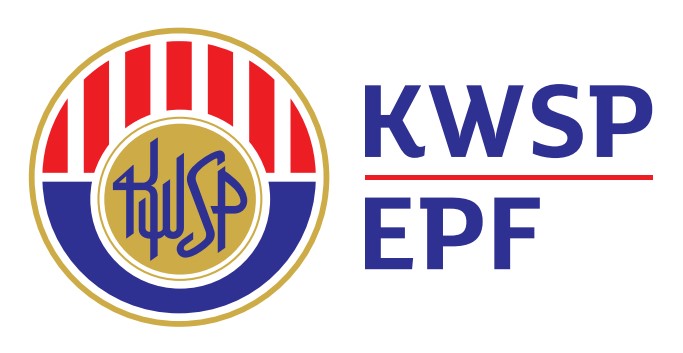KUALA LUMPUR: The Employees Provident Fund’s (EPF) investment income for the third quarter ended Sept 30, 2019 (Q3 2019) fell 7.6% to RM13.50 billion from RM14.61 billion in the same quarter last year, as a result of operating in an uncertain and volatile market that has worsened since 2018.
EPF deputy CEO (investment) Datuk Mohamad Nasir Ab Latif explained that the EPF’s domestic equity portfolio was affected by the weak earnings growth in the domestic equity market that in turn saw the Malaysian stock market declining 5.3%. For Q3 2019, the portfolio recorded an income of RM2.57 billion.
Weakening market conditions coupled with the uncertainties arising from the US-China trade war, the ongoing uncertainty over a Brexit deal, political instability in Hong Kong and geopolitical tensions in the Middle East contributed to the volatility.
“Emerging markets continued to feel the heat from the escalating US-China trade war. Asian markets remained volatile, with Hong Kong’s stock market being the weakest. In Asean, Singaporean and Thai equity markets underperformed, Indonesia’s came under pressure from a strong US dollar while China’s market was only prevented from weakening further by Beijing’s stimulus measures.
“We had to work through a challenging market environment, including a weakening KLCI. Fortunately, our diversified portfolio, which includes investment income from overseas assets, helped mitigate some of the impact,” said Nasir in a statement.
He added that the deteriorating trade conditions not only affected equity markets but also caused the global economic slowdown, with export-reliant nations in the region such as Malaysia, Singapore and Thailand being the most impacted. As a result, consumer confidence also declined, with Malaysia’s falling to the lowest since Q4 2017 on lower purchasing power and a weak job outlook.
“The rising geo-political risks are expected to continue to add pressure on the global economy. We are cautious about the Malaysian economy’s growth outlook. If trade tensions between the US and China continue, there will be knock-on effects on trade-dependent economies like ours.”
He noted that 2019 has been a difficult year and that near-term market uncertainties will continue to persist, which will affect the capital markets.
“The EPF’s performance reflects these uncertainties and our outlook for the market remains cautious and prudent,” he said.
Still, Nasir assured that the EPF will continue to leverage on the good buying opportunities that will arise during any market downturn.
“Volatility also provides EPF with an opportunity as we are always on the lookout for assets with sound fundamentals and good cash flow that can add long-term value to our portfolio. As a long-term fund, our concern has always been to achieve long-term results,” said Nasir.














